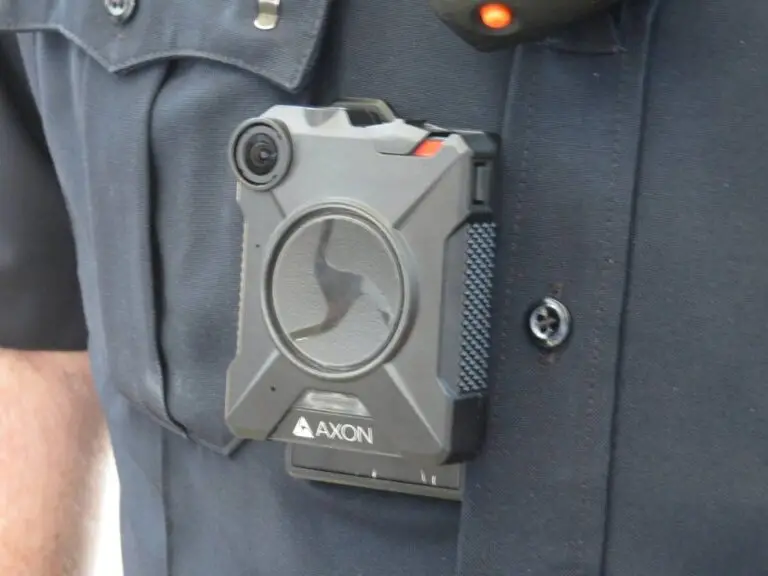In an era defined by calls for transparency and justice, the use of body-worn cameras (BWCs) in policing has emerged as both a technological triumph and a source of contentious debate. These compact devices are transforming the way law enforcement operates, offering a glimpse into the realities of policing while simultaneously sparking critical conversations about privacy, ethics, and accountability.
A Tool for Trust and Transparency
Body-worn cameras are reshaping the narrative around police accountability. They provide a verifiable account of interactions, creating an objective record that benefits both law enforcement officers and the public. By capturing incidents as they unfold, BWCs help resolve disputes, clarify investigations, and hold all parties accountable.
The cameras also act as behavioral moderators. Studies indicate that knowing their actions are being recorded often leads to more professional conduct from both officers and civilians. In Jamaica, such tools could play a vital role in rebuilding public trust and improving the often-tense relationship between the police and the communities they serve.
Additionally, BWCs have untapped potential in advancing training programs. By analyzing recorded interactions, officers can refine their communication techniques, assess tactical responses, and identify areas for improvement. This feedback loop could elevate policing standards across the board.
Privacy in the Spotlight
Despite these benefits, BWCs present a minefield of ethical dilemmas, chief among them being privacy. Cameras often capture not only public incidents but also deeply personal and sensitive moments, such as domestic altercations or mental health crises. Without robust safeguards, this footage could become a tool of exploitation rather than justice.
The question of consent looms large. Citizens rarely have the opportunity to opt out of being recorded, leaving their personal data at the mercy of policies that may not fully protect them. This lack of agency poses significant risks, particularly in an age of increasing digital vulnerability.
Managing the Data Deluge
A less obvious but equally pressing challenge is data management. BWCs generate vast amounts of footage daily, necessitating secure storage, access controls, and defined retention policies. Without clear regulations, the potential for data breaches or unauthorized misuse grows exponentially. The Jamaican government must establish stringent protocols to ensure that footage is used responsibly and exclusively for legitimate purposes.
The Fine Line of Public Oversight
Transparency hinges on how and when BWC footage is made public. While releasing footage of incidents involving force or misconduct can enhance accountability, withholding sensitive recordings to protect privacy may lead to accusations of bias or concealment. Striking the right balance requires thoughtful policies that prioritize both public oversight and individual rights.
Legal Implications and Training Gaps
Beyond ethical concerns, BWCs present legal challenges. Mismanagement of footage or inconsistent use of cameras during incidents could expose law enforcement agencies to lawsuits. Comprehensive training on proper activation, usage, and data handling is essential to avoid such pitfalls.
The Way Forward
Body-worn cameras represent a pivotal step toward modernizing law enforcement in Jamaica. However, their adoption must be accompanied by a framework that prioritizes ethical considerations, robust data security, and consistent transparency. Policymakers, law enforcement leaders, and the public must collaborate to craft policies that uphold justice without compromising individual rights.
The potential of BWCs is undeniable, but their impact will depend on how effectively they are integrated into policing practices. With thoughtful implementation, these devices could become powerful allies in the quest for a safer, more equitable society.






